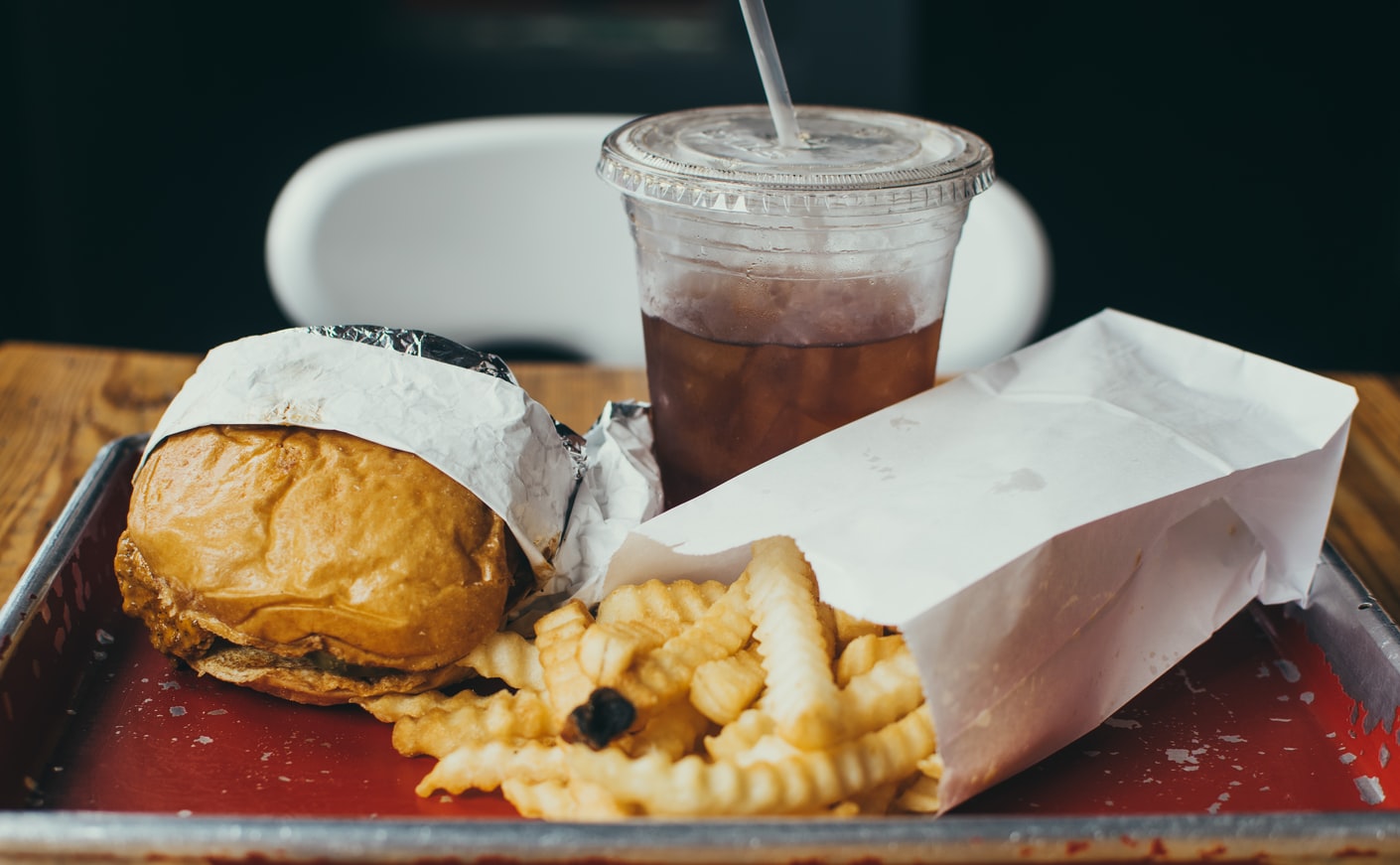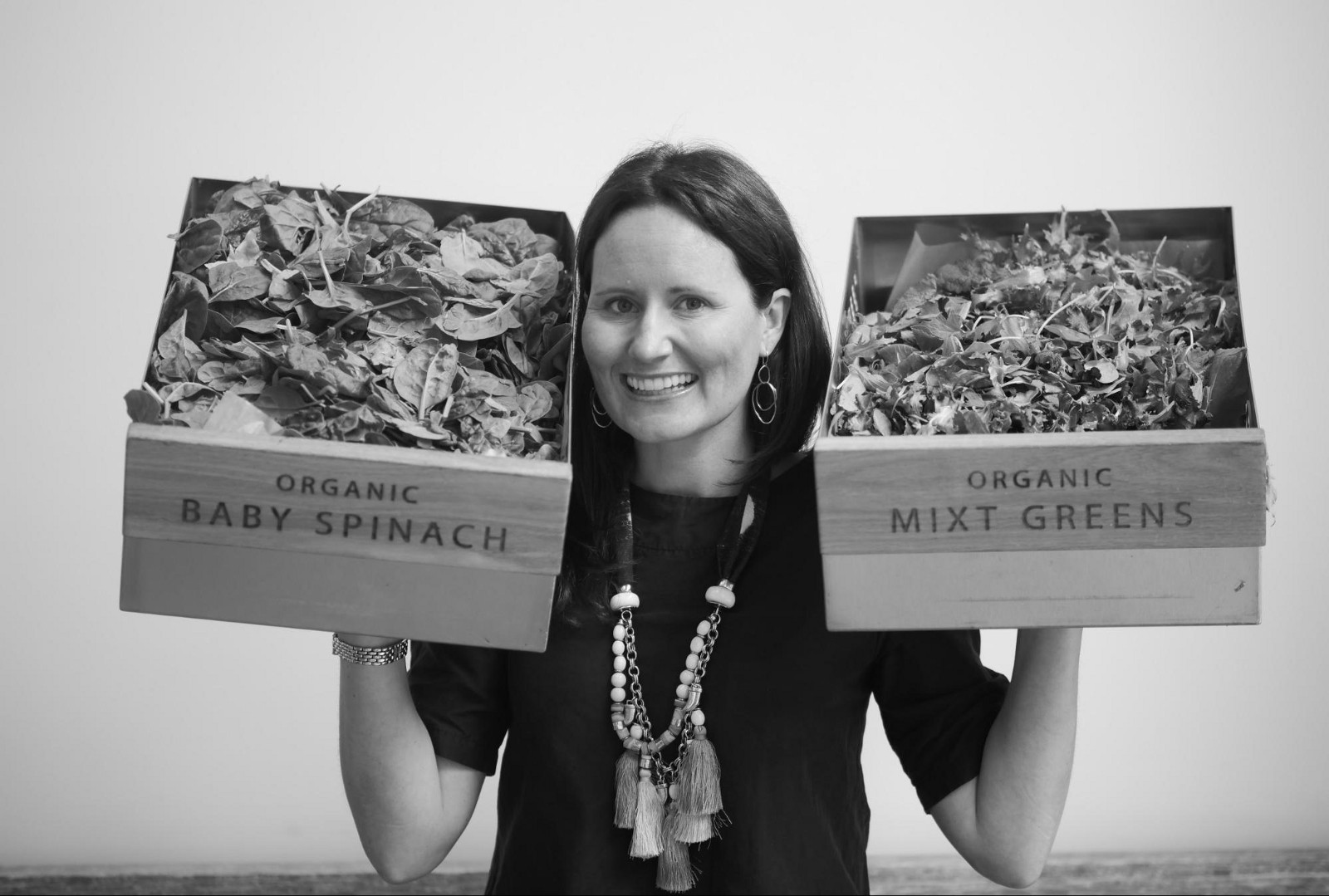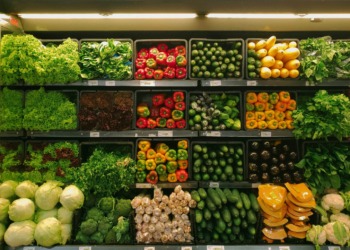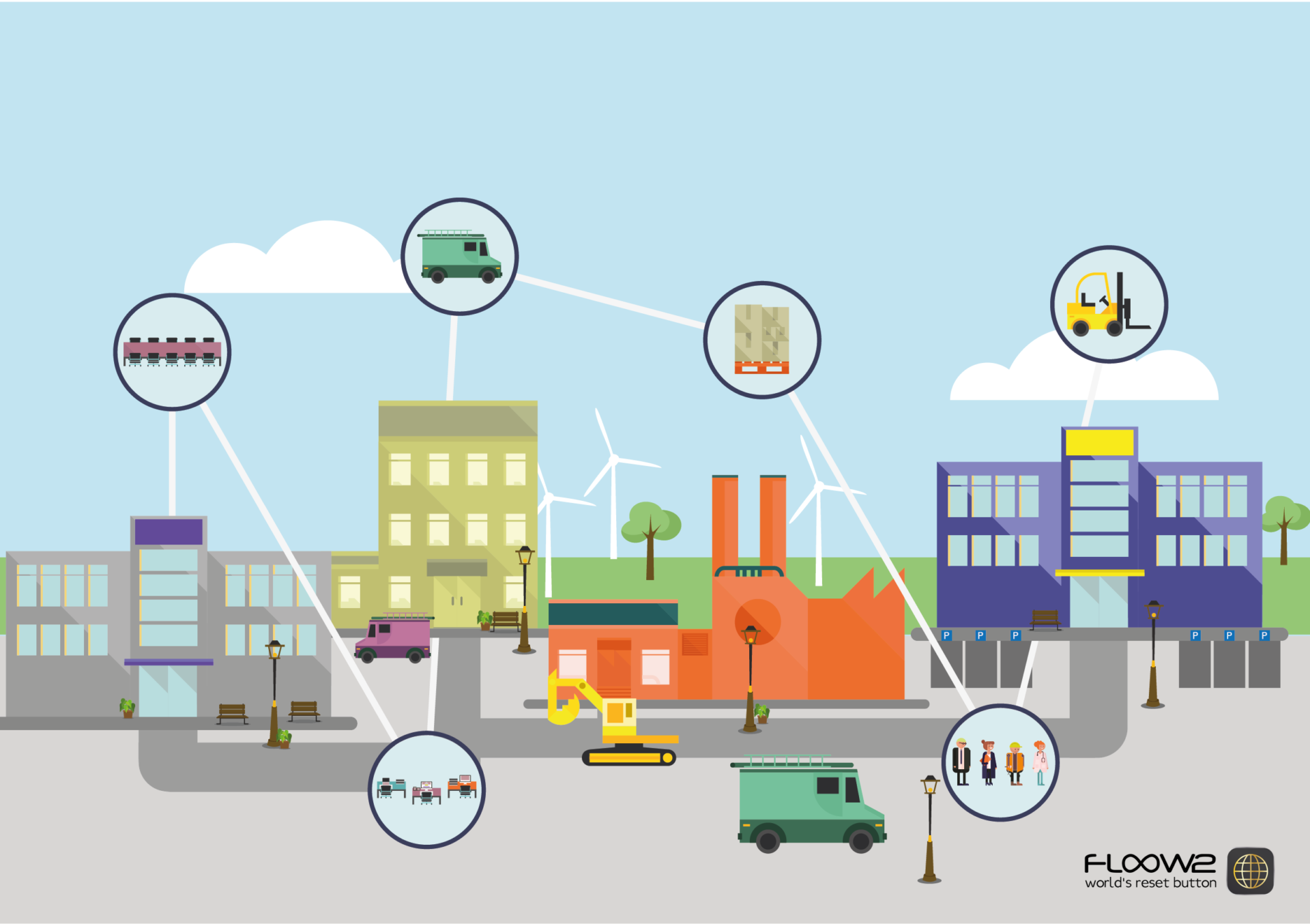MIXT’s Focus on Sustainable, Healthy Food and Treating its People Well Offers a Roadmap for a Better Food System for Everyone in the Face of Fast Food.
The time is ripe for a restaurant industry disruption — actually, one is already afoot. Fast-growth, incredibly popular chains with kale salads and fresh-pressed juices are popping up in cities across the U.S. But changes to the menu are only part of the disruption this industry needs.
When we envision our ideal for the future of food, we see a system that has positive impact at every point along its value chains, from sourcing, production, and processing, through construction, to consumption and waste management. These impacts include the soil and water used to grow the food, the treatment of the workers involved in its collection and preparation, the health of the people who produce and consume the food, the sustainability of the materials that are used to serve and consume the food, and more. All waste is composted, recycled or repurposed. A “fast-food” meal would consist of plant-centered offerings served in chef-designed, delicious formats that make no sacrifices on flavor to create healthful choices.
 In the photo: The Western fast-food diet largely relies on processed food, low-paid workers and single-use packaging. Photo Credit: Unsplash.
In the photo: The Western fast-food diet largely relies on processed food, low-paid workers and single-use packaging. Photo Credit: Unsplash.
When you compare this vision to the current fast/convenient food reality, it’s hard not to be shocked by how distant the two alternatives are. Our current system relies on reheated, pre-cooked industrial meats, fried side dishes, and processed sugar-laden dessert “products.” Workers who produce, process, or serve the food are some of the lowest-paid workers in the U.S., and the impact of a Western fast-food diet on our health is well documented and detrimental to the extreme. Styrofoam and single-use plastic are still rampant in our current system, which encourages people to eat in their vehicles or at their desks with the convenience of throw-away, individually packed meals, drinks and condiments. And food and its packaging, whether eaten out or at home, is filling our landfills at staggering rates.
The difference between this vision and our current reality goes beyond resolving a single issue. McDonald’s phasing out foam packaging or switching to chicken raised without antibiotics has a big impact because of the company’s scale, but it doesn’t address the fundamental waste and negative impacts of the core of our industrialized food systems.
 In the photo: Whilst chains are appearing across the US marketing healthier food options, more must be done to ensure the entire food system is carried out sustainably. Photo Credit: B Corps.
In the photo: Whilst chains are appearing across the US marketing healthier food options, more must be done to ensure the entire food system is carried out sustainably. Photo Credit: B Corps.
System change is a primary focus at The Builders Fund. We believe in investing to build companies that can demonstrate better ways of doing business; companies that can reinvent their industries away from “take, make, waste” forms of linear thinking which have helped create so many of the large societal challenges we face today, from the obesity epidemic to climate change. Our portfolio companies are practicing a form of capitalism that is systems aware and systems responsible, that recognizes each company’s corporate “ecosystem” presents multiple opportunities for the creation of long term shared value, that seeks out opportunities to be regenerative vs. extractive, and creates positive relationships with stakeholders and partners without exception.
The alternative fast-food future can be realized — some people, like Leslie Silverglide and her team at MIXT, are already working on it. MIXT’s entire model is based on this systems-responsible approach, and the numbers show this model can work at scale. MIXT is expanding aggressively, with the support of our firm The Builders Fund and co-investors Obvious Ventures. This expansion is about more than incredible food — although that will always be a big part of it. Scaling a company like MIXT is also about scaling a model that is laser-focused on impact through its operations: building a culture that values development, steady operational improvement through real-time data analytics, and unit-level profitability through sustainability-enabled efficiency.
It’s about systems change that goes far beyond redesigning menus.
“We started MIXT in 2005 and were at the forefront of a movement. Our mission is to bring better eating to everyone through healthy, delicious, sustainable meals. From the beginning, we’ve been about using the highest quality, fresh ingredients to create unique, chef-crafted meals that people love. We cook our food in-house, from scratch, on a daily basis.”
— Leslie Silverglide, CEO of MIXT
 In the photo: Leslie Silverglide, CEO of MIXT. Photo Credit: B Corps.
In the photo: Leslie Silverglide, CEO of MIXT. Photo Credit: B Corps.
Silverglide’s background is in environmental sustainability — she holds a Master’s of Science in Biodiversity, Conservation, and Management from Oxford University. She launched MIXT to set a new standard in the restaurant industry for systems-wide sustainable practices: “To me, this means connecting the food you serve, the way it is sourced, your resource use and landfill diversion, and building healthy environments to support a healthier planet, guests, employees, and community.”
EDITOR’S NOTE: The opinions expressed here by Impakter.com columnists are their own, not those of Impakter.com.






 In the photo: Leslie Silverglide, CEO of MIXT. Photo Credit: B Corps.
In the photo: Leslie Silverglide, CEO of MIXT. Photo Credit: B Corps.






